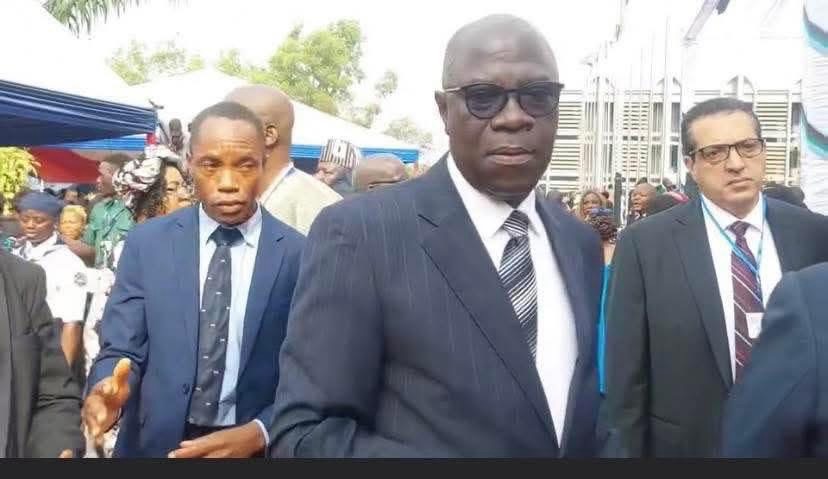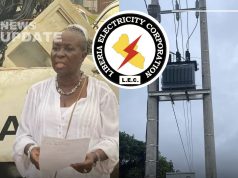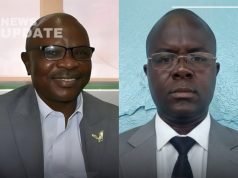
Former Sinoe County Senator J. Milton Teahjay has cautioned national leaders, particularly lawmakers, against behaving like political activists, urging them instead to take responsibility for solving the nation’s problems. Speaking recently, Teahjay emphasized that members of the Legislature should not shift blame to the President or the Executive Branch but focus on their constitutional roles of lawmaking, representation, and oversight.
“When I was in the Senate, people often wondered why the once ‘firebrand Teahjay’ was no longer attacking presidents,” he said. “But leadership requires responsibility. Once you’re elected, you don’t shift blame—you find solutions.” He argued that blaming the Executive for every failure amounts to “scapegoatism at the highest level.”
Teahjay recalled that during his tenure as Senator, he used his proximity to the Executive to secure development for Sinoe County under the administration of former President Ellen Johnson Sirleaf. “The James E. Greene football field, the Superintendent’s residence, the Sinoe Youth Center, and the Presidential Palace are all products of that collaboration,” he noted.
He also defended his decision to support former President George Weah’s administration, despite not backing him in the 2017 election. According to Teahjay, his cooperation was motivated by a desire to advance Sinoe’s interests, but political divisions within the county’s leadership hindered progress. “For six years, it was always me versus them,” he said, lamenting that both his tenure and Weah’s presidency ended “with not much to show in Sinoe.”
Turning his attention to the present administration, Teahjay expressed concern that under President Joseph Boakai, Sinoe might once again be left behind. He criticized current county leaders for being distracted by personal ambitions rather than focusing on development. Responding to Senator Augustine Chea Duncan’s recent remark that “Sinoe is dead,” Teahjay disagreed, insisting that the county remains vibrant and economically strong.
While acknowledging Senator Duncan’s right to form a political movement or party, Teahjay advised him to prioritize the county’s development needs—such as roads and infrastructure—through cooperation with the national government. He concluded by declaring that his “One Sinoe Movement” would be a strong political force in the 2029 elections, promising that “Sinoe is alive and will remain a place of great men and women.”





